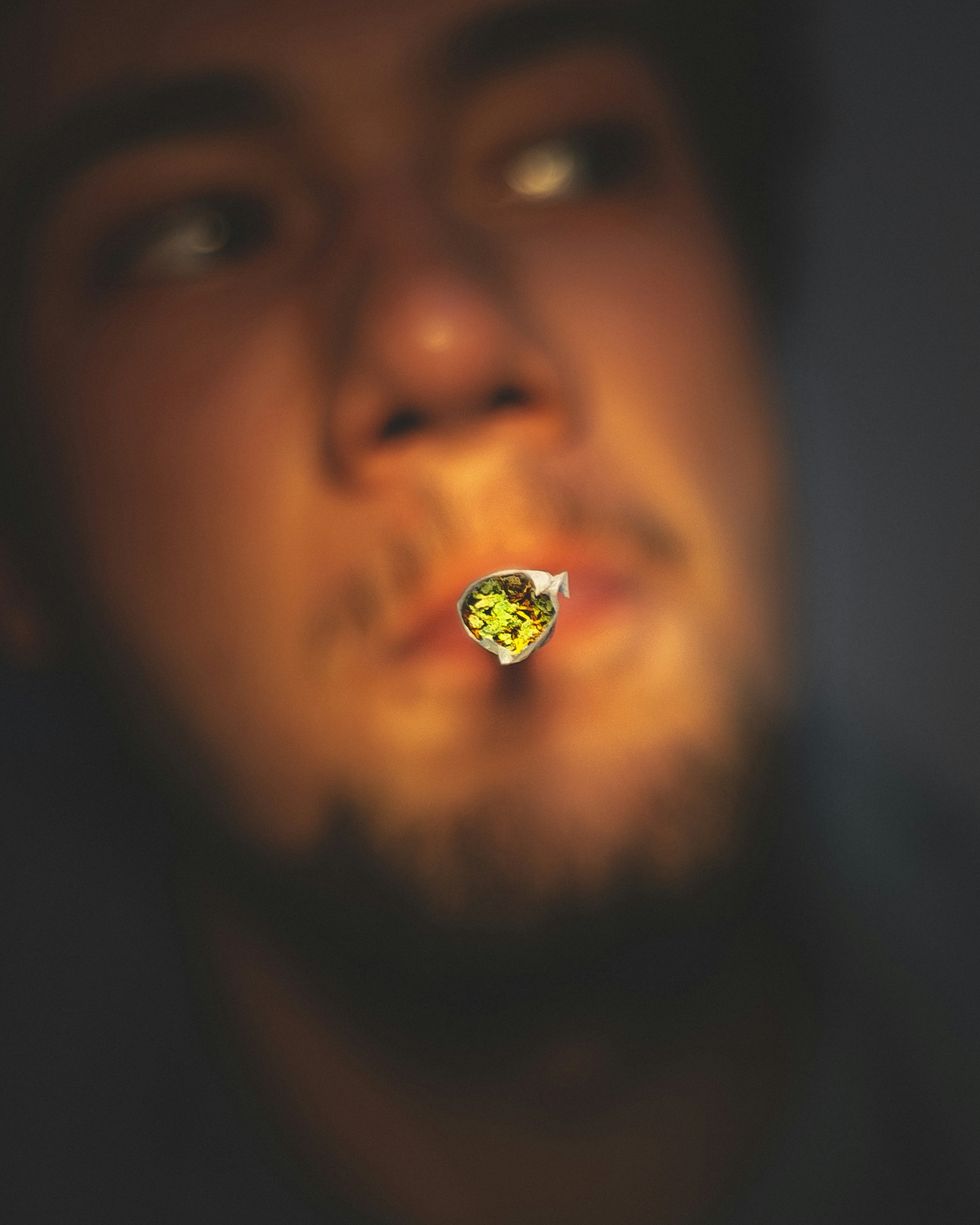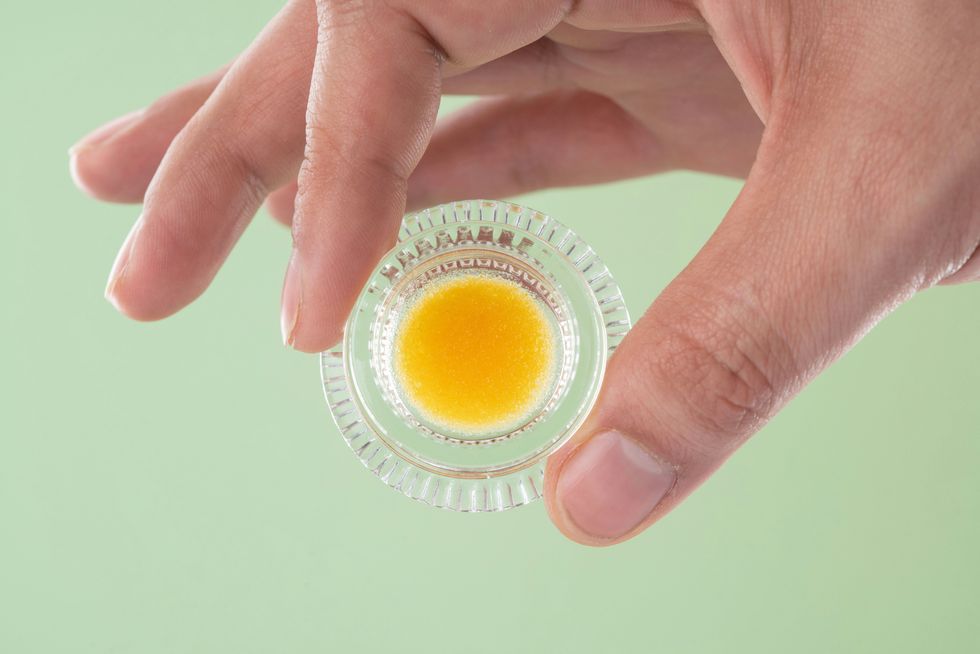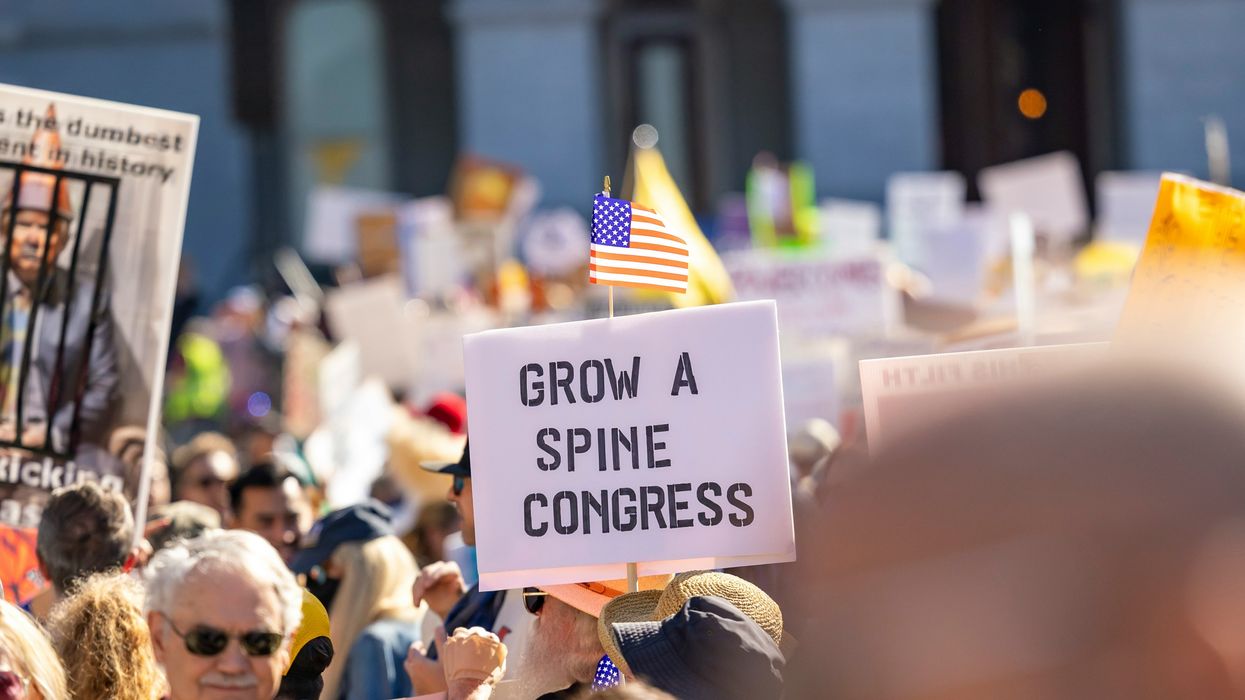According to the Kansas City Police Department, the number of fatal car crashes involving cannabis has more than doubled in the past two years.
That would mean, according to a presentation to the Board of Police Board Commissioners, that 53 percent of all fatal crashes in Kansas City involve cannabis.
KCPD spokesman Capt. David Jackson told KCUR that, “Marijuana use does seem to be at least related in part to fatal car crashes.”
Although that is very tentative language, Jackson also admitted other factors were at fault as well: speed, attention, and people failing to wear seatbelts.
These Numbers Don’t Add Up
Kansas City has indeed eased up on its stance toward cannabis in recent years. Missouri recently launched medical cannabis sales in October 2020, and in July the city council voted to stop prosecuting cannabis possession at the municipal level.
However, Kansas City Mayor Quinton Lucas, maintains that the KCPD is “grossly out of touch” with Kansas Citians on the issue of cannabis, according to KCUR.
Lucas believes more data is needed before blaming cannabis for the rise in fatal crashes.
In Washington State, for instance, which legalized adult-use cannabis in 2012, THC-positive fatal car crashes have increased from an average of 8.8 percent to 18.8 percent as of 2017.
And yet, according to KCPD, that number in Missouri is 53 percent?
The last time Kansas City had more than 100 fatal crashes, according to KCUR, was in 2017, when police weren’t sure why the number was so high.
What makes them so sure this time?
Moreover, it is quite difficult for police and investigators to determine cannabis as a culprit in fatal crashes, mainly because THC can hang around in the blood for days, long after its mind-altering influence has worn off.
While nobody should ever be encouraged to drive while under the influence of any mind-altering substance, unfortunately it is hard to trust police departments on anything cannabis related after the cannabis lawsuits in Nebraska and South Dakota.
Is Cannabis a True Threat to Road Safety?
A lot of people believe that driving while high is safer than drunk driving. Some even claim to be better drivers while high due to increased focus.
However true any of these claims might be, it is never a good idea to consume cannabis right before driving.
A recent study in Australia on cannabis and driving revealed that THC did cause some impairment, and one should wait at least four hours after vaping cannabis before getting behind the wheel.
Raising awareness and educating citizens on this issue is critical.
We can say the same for distracted driving, as well. More people are getting riskier with their smartphones while driving, and yet research shows that a fatal crash is 66 percent more likely when the driver is handling their phone.
And this doesn’t take into account the driver issues caused by alcohol, prescription medication, and illicit substances.
Why aren’t the police raising more concerns about all of this? Why the focus on cannabis?
Are you still missing out on The Bluntness newsletter? Sign Up today to stay in the loop.














 High-THC Weed Explored - The Bluntness Photo by
High-THC Weed Explored - The Bluntness Photo by  High-THC Weed Explored - The Bluntness Photo by
High-THC Weed Explored - The Bluntness Photo by  High-THC Weed Explored - The Bluntness Photo by Maria Fernanda Pissioli on Unsplash
High-THC Weed Explored - The Bluntness Photo by Maria Fernanda Pissioli on Unsplash 



 The Proposed Hemp Ban That Would Destroy a $28 Billion Success Story - The Bluntness Photo by
The Proposed Hemp Ban That Would Destroy a $28 Billion Success Story - The Bluntness Photo by